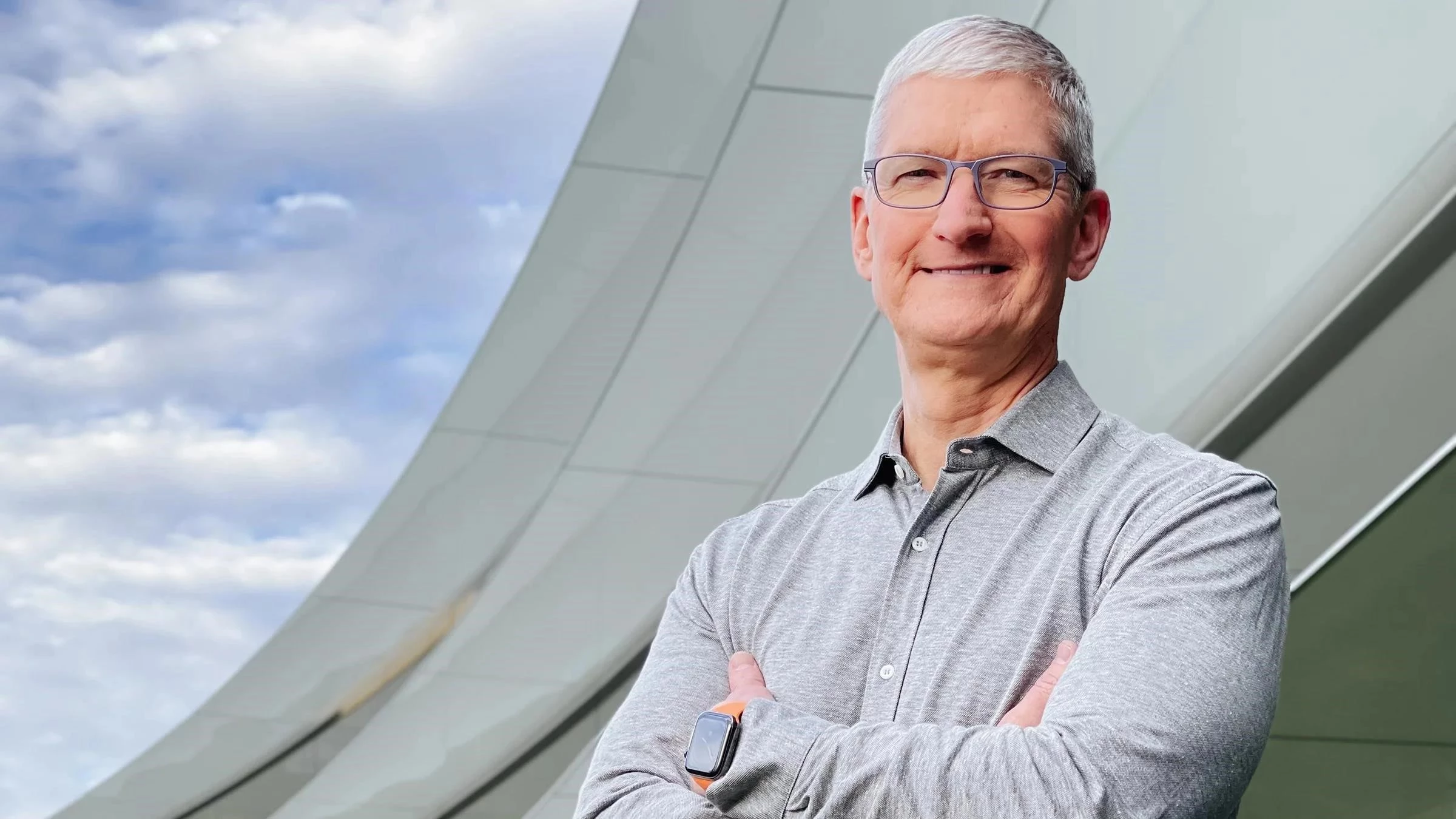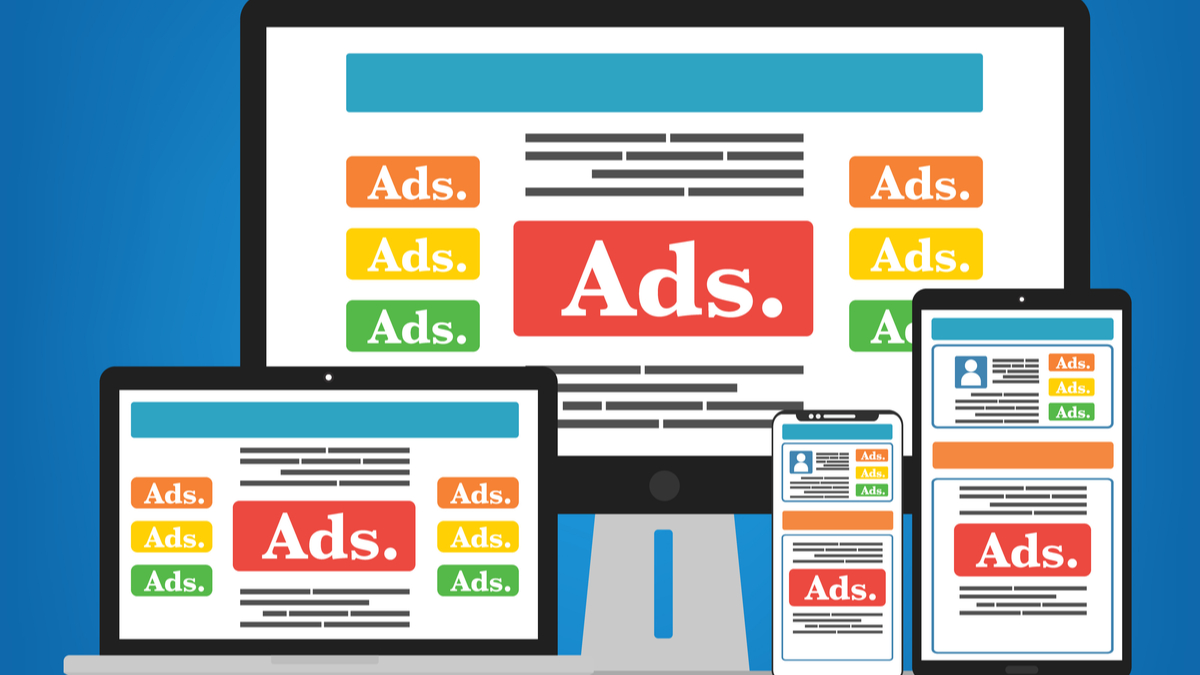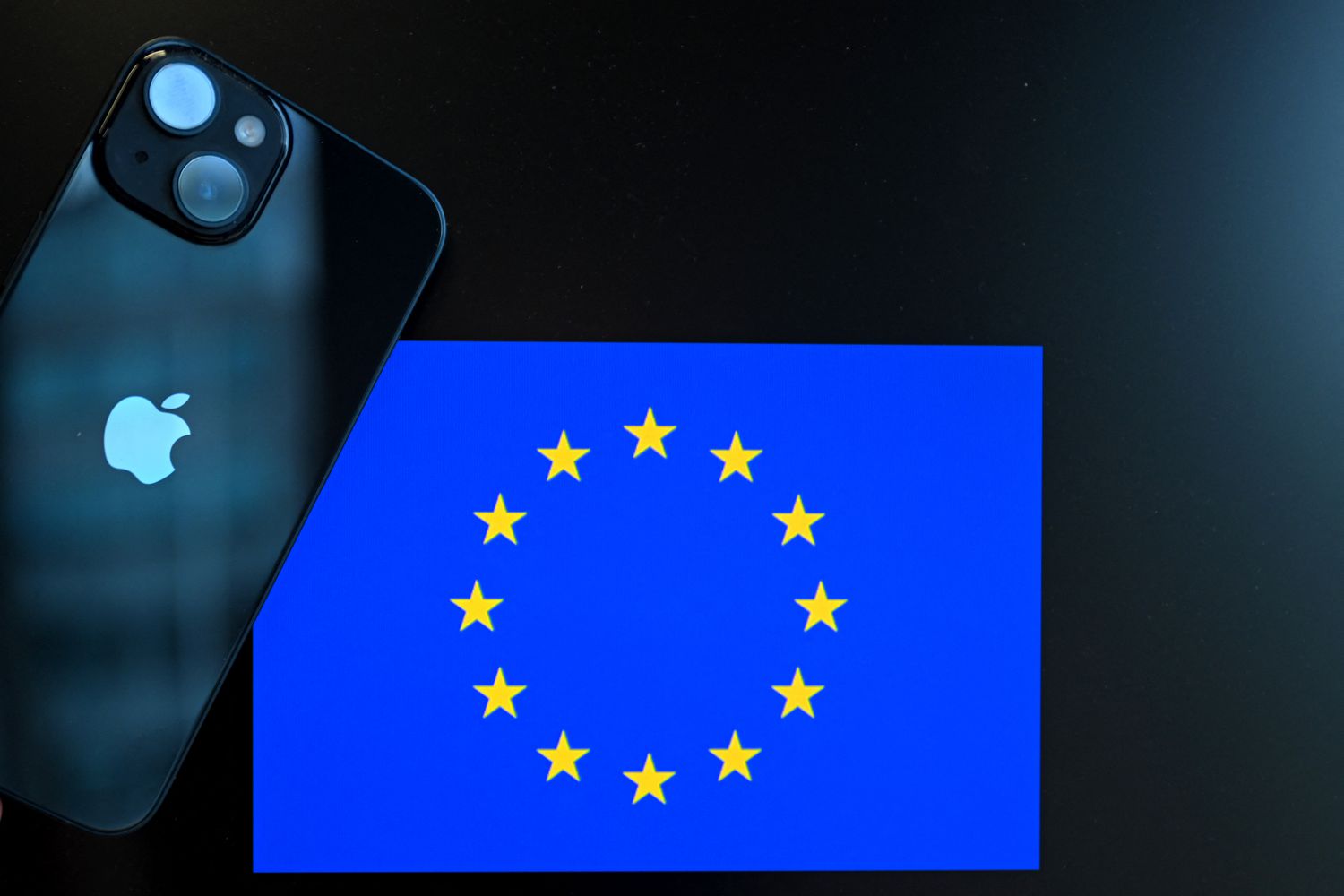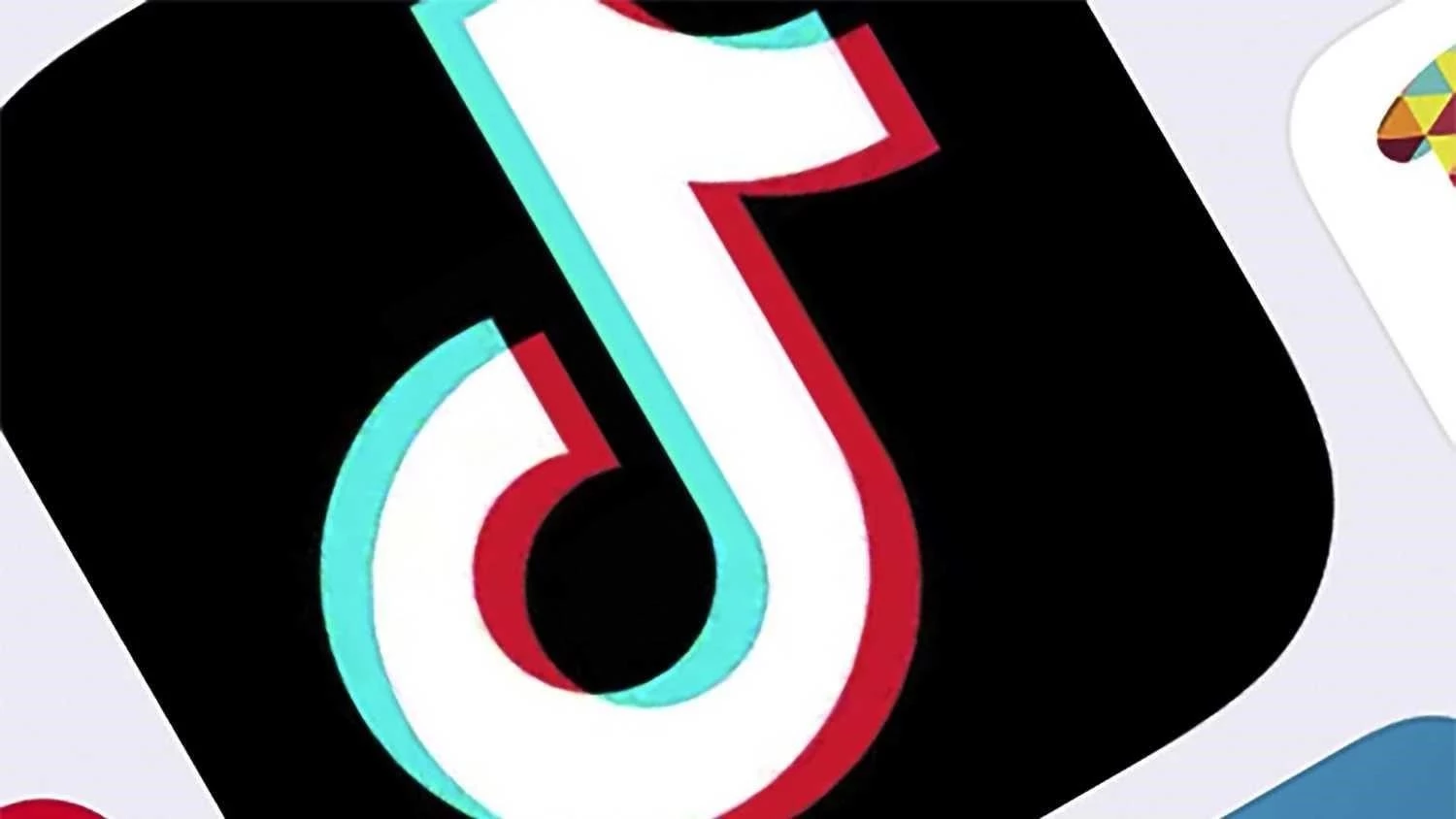Apple, under the leadership of CEO Tim Cook, is increasingly focusing on health as a core area of innovation. This direction suggests a future where Apple devices play a more active role in personal health monitoring and intervention.
A Shift in Focus
While Apple is known for its consumer technology products like the iPhone and Mac, Cook has repeatedly stated that he believes Apple’s greatest contribution to mankind will be in health. This signals a strategic shift towards integrating health features into the company’s ecosystem.
Apple Watch as a Health Tool
The Apple Watch has become a focal point for Apple’s health initiatives. The device already monitors heart rate, provides ECG capabilities, and detects irregular heart rhythms. It also tracks sleep patterns.
According to Cook, the journey with the Apple Watch began with simple heart rate monitoring and has since evolved to include EKG readings and AFib detection. He mentioned monitoring sleep apnea as another advancement in this area;
Future Health Innovations
Apple is rumored to be exploring further health-related features. These include glucose tracking, AI-powered health coaching, hydration sensing, and blood pressure monitoring. The company is also working on solutions for hearing loss, potentially utilizing AirPods.
Cook hinted at research combining AI with real-time biometric data, indicating a deeper level of personalized health insights in the future.
Health Initiatives
Apple has also focused on initiatives such as ResearchKit and CareKit, aimed at increasing research pools and improving patient care. The company is also exploring Medical Records integration within its ecosystem.
Beyond Devices⁚ A Broader Commitment
Cook’s commitment to health extends beyond product development. He’s positioned Apple as a company dedicated to social justice and environmental sustainability, reflecting a broader view of corporate responsibility.
Tim Cook has led initiatives such as the (RED) campaign which works toward eradicating HIV/AIDS, Tuberculosis, and Malaria. He has also advocated for social justice, and focused on environmental sustainability.
Philanthropic Vision
Tim Cook’s leadership is also defined by his philanthropic contributions. He emphasizes collaboration, inclusivity, and a commitment to Apple’s values, extending these principles to his charitable work.
Challenges and Criticisms
Despite its efforts, Apple faces criticism regarding the scale and impact of its charitable work, with some arguing its vast resources could be used more aggressively to address societal challenges.
Apple is committed to adapting its approach to address evolving needs and expectations.
The Future
Tim Cook’s focus on health suggests a trajectory where Apple aims to play a significant role in not just improving quality of life, but also extending it. The company’s work in health related technology is poised to become its most important contribution to mankind, according to Cook.




